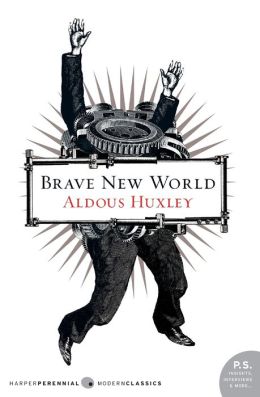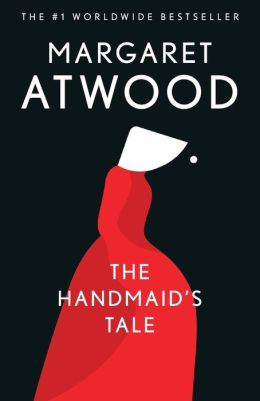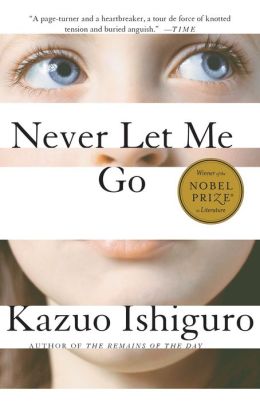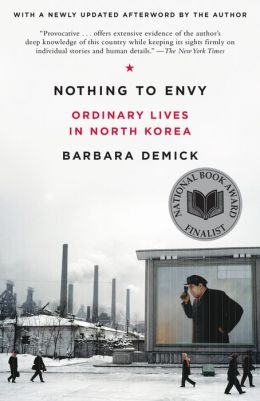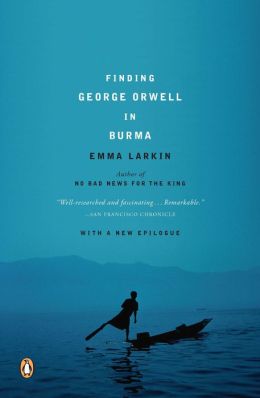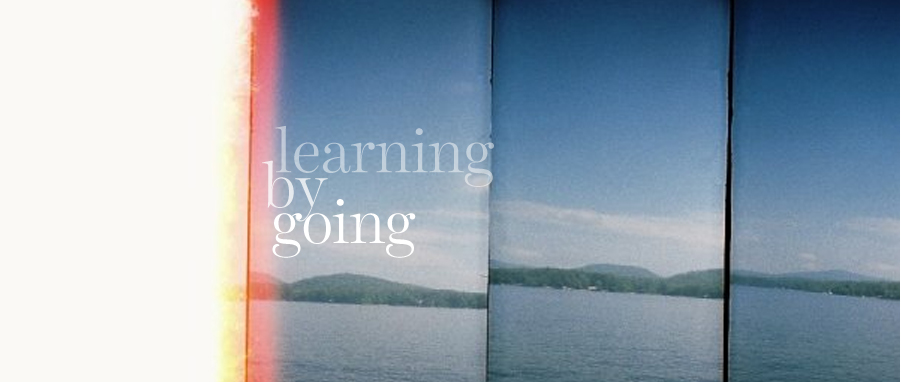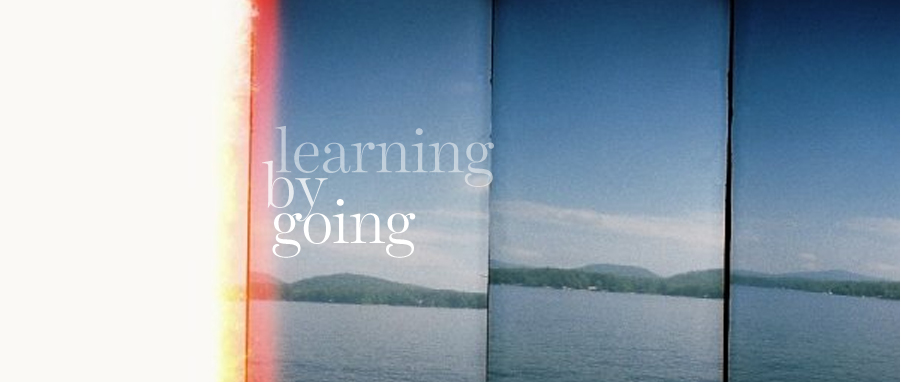Yesterday, in Steubenville, Ohio, two teenagers were found guilty of rape. Two sixteen-year-olds were tried in juvenile court for the rape of another sixteen-year-old last summer. It’s a sordid case that’s captivated many because of the way it came to light through social media and YouTube. The case has inspired conversations about many things including issues of consent, acceptable Internet use, potential conspiracies, and the power held by high school football players in Steubenville. The last part is probably hard for some people to understand, particularly those who aren’t familiar with the fervor that surrounds high school football in some parts of the country. I grew up directly across the Ohio River from Steubenville, Ohio, and went to an equally football-crazed high school in Wellsburg, West Virginia. When I went off to college and told people stories about the role football played in my high school and community, I was always rewarded with agape mouths and disbelief.
We had pep rallies every Friday of football season, regardless of opponent or game importance. These pep rallies took forty-five minutes, and happened during the instructional day, the last forty-five minutes before dismissal. However, their impact was greater than that as both the players and the members of the marching band were dismissed from classes even sooner, in order to prepare. Before we were dismissed from our classes to go to the rallies, the band marched through the school’s hallways as a signal that it was almost time, effectively ending class. The routine was always the same, the coach spoke, the cheerleaders cheered, the dance team danced, the band played, the players marched in (hand-in-hand and in matching ties, slacks, and blazers), and the football captains made “speeches,” which were the same every week, a simple “Beat [name of that week’s opponent].” The coach spoke again. The crowd cheered. We were dismissed.
The rallies weren’t mandatory, but virtually everyone went. Sometimes I chose to go to the alternate activity, a study hall, to join a handful of other students, primarily Jehovah’s Witnesses (who considered the rallies blasphemous). I didn’t have any meaningful reason as to why I skipped some of the rallies, other than that on some days I wasn’t in the mood for all the pageantry and noise. I wish I could say it was some sort of principled stand, but it was more apathy than anything, and sometimes simply the nerdy wish to get some homework done before the weekend.
 I remember one football Friday in particular when we had a two-hour delay because of snow, yet we still had our pep rally. This meant that classes that day were, if memory serves, about 23 minutes long. I knew that was insane then, but as a teacher now, it feels really, really insane. Yet none of my teachers seemed to notice or mind.
I remember one football Friday in particular when we had a two-hour delay because of snow, yet we still had our pep rally. This meant that classes that day were, if memory serves, about 23 minutes long. I knew that was insane then, but as a teacher now, it feels really, really insane. Yet none of my teachers seemed to notice or mind.
When I was in tenth grade, sometime in the first couple weeks of school, the football coach (who had been my ninth grade health teacher), came into my study hall, and said, “Nora, you’re coming with me.” I grabbed my stuff and followed Coach. He explained that he wanted me to work with him in his office during that study hall period and knew I would do a good job. I was a pretty cynical sophomore, but I felt honored in spite of myself. Coach was as big a celebrity as our county had. For the next three years I spent my study halls at a table adjacent to Coach’s office, doing a mix of my homework and his errands. I don’t think the school’s budget allocated money for him to have an administrative assistant, so he simply lined up students (all girls, in my memory) each period of the day to be there should he need help with anything clerical. I didn’t really mind because I gained a quieter place to study and his errands allowed me to stretch my legs and sometimes chat with friends I saw in the halls. Now, whenever I wish I had someone to help me make photocopies of tests, or put up a bulletin board, I realize that Coach’s influence meant that he could command certain benefits no other teacher could.
Our football team was very good, and often a contender for the West Virginia state championship, just like Steubenville’s is a perennial contender for Ohio's. The stadium was and is huge, and it was often a ton of fun to go to the games. Everyone from town was there, and it was festive and communal and often exciting. Places shut down on Friday nights, and the biggest radio station in the area played all of the games. I liked hearing my friends in the marching band play. Something about being at the games with my friends, bundled up, cheering, and drinking hot chocolate, felt quintessentially wholesome and American.
Of course, at a macro level, very little of it was actually wholesome. The football program took resources away from other sports and other educational programs. The players were treated as heroes, which often led to disappointment for them when high school was over, not to mention bad behavior during high school spurred on by their lionization. The culture of the school was a social pyramid with the players and cheerleaders on the top, with little room in the social stratosphere for the appreciation of those with non-athletic talents. But when the team was winning, we were all in something together, and people were willing to forget the other stuff for that fleeting feeling.
Well, for Steubenville, that fleeting feeling has been eclipsed by a horrifying story. It’s a dark mark on a grey landscape. In the Weirton-Steubenville metro area, the steel mills have all shut down, and the unemployment rate has gone up in the last two years when it’s gone down elsewhere in the country. The average household income hovers right around 35k a year. High school football, for many, has long been the bright spot on that grey landscape, but now the whole country knows that football simply can’t be its savior.




